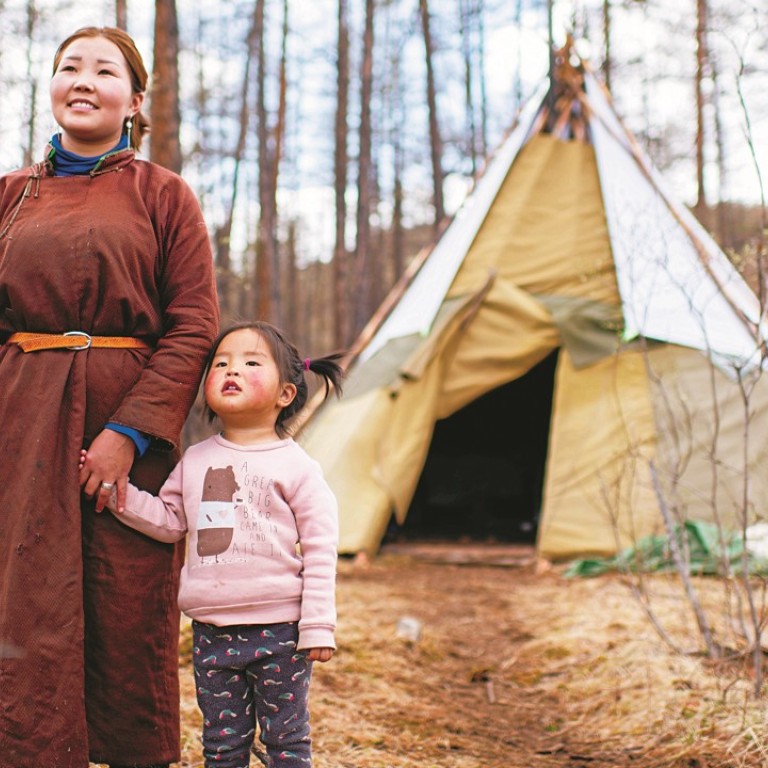
Airbnb uses location technology to hook you up with nomadic hosts – Mongolian reindeer herders
- Airbnb hosts in remote locations are shunning addresses in favour of a global address system that divides the planet into trillions of 3x3-metre squares
- Mongolia is the first country to be used in the venture
Finding your Airbnb host is easy. You touch the “get directions” button in the Airbnb app, and it opens Google or Apple Maps on your phone. But what if your Airbnb host has moved or is in a remote area? The sharing-economy travel app now uses location technology so guests can find their bed even if the host has no fixed address.
The idea is to increase tourism in remote, nomadic communities with hosts that move from season to season. Global address system what3words and Airbnb have joined up to help families without a fixed address share their homes with travellers looking for truly authentic, off the beaten track experiences.
Haunted by Mongolia, land of earth and sky
The what3words app uses a grid of the world made up of 57 trillion squares of 3x3 metres that differs from most other location encoding systems, in that it displays three words rather than long strings of numbers or letters.
Each square is given this three-word English address that enables bidirectional conversion into exact latitude/longitude coordinates.
For example, ///eradicate.amaze.arriving will take you to the precise entrance of the South China Morning Post office in Hong Kong. It shares specific locations on the planet, and as well as being far more accurate than a written address or postcode, it lends itself to being used in vast open spaces.
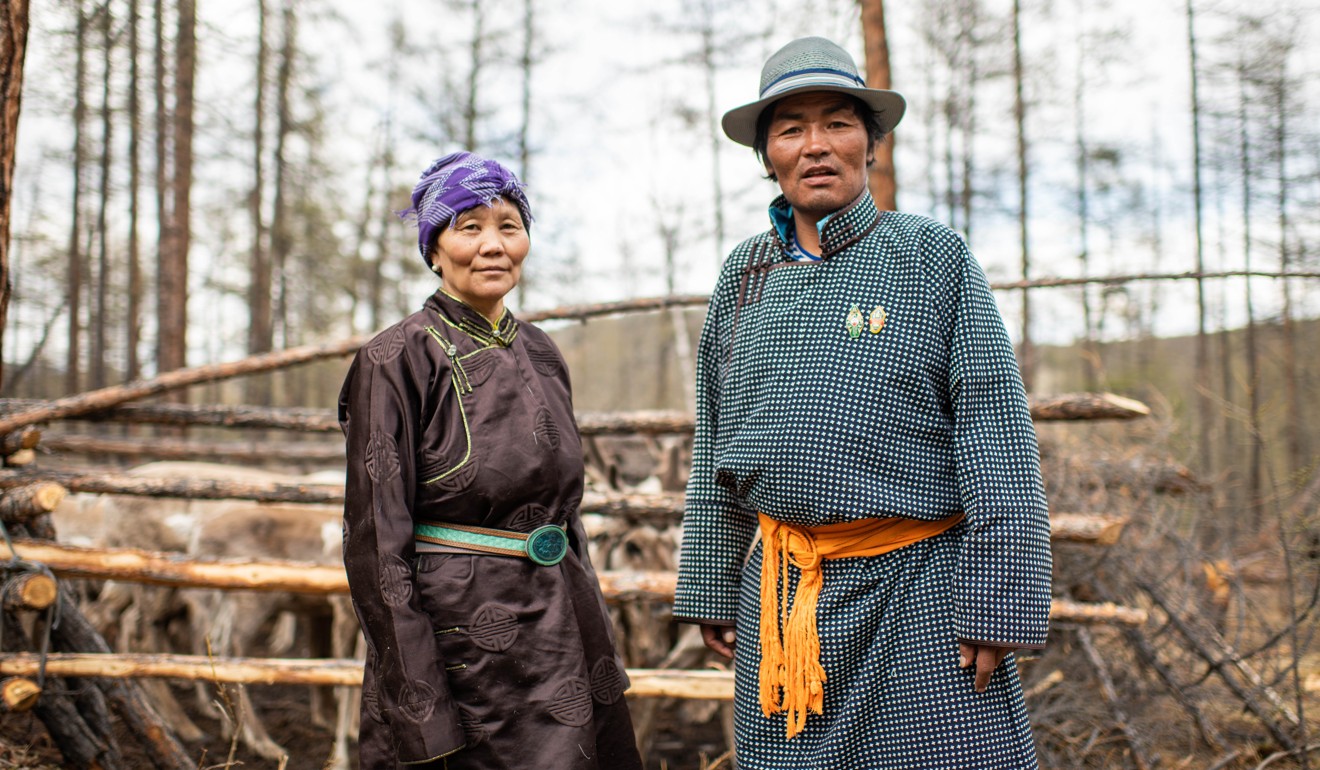
It could also be used to deliver a pizza to a campsite, or for getting emergency services to the exact location of an injured person in a rural area.
In this case, what3words is being used to identify the exact whereabouts of Airbnb hosts in rural areas where addresses and road signs are non-existent. The first place what3words is being used by Airbnb is Mongolia, where guests can spend two nights with Dukha (also known as Tsaatan) reindeer herders Otgonbayar and Zorigt, who are Airbnb hosts offering guests a traditional tepee in the Taiga forests of northern Mongolia.
“In Mongolia, a lack of traditional street addressing and a nomadic way of life have prevented locals from welcoming Airbnb guests into their homes,” says Cameron Sinclair, head of social innovation at Airbnb. “Our partnership delivers an innovative way to provide hosts with an accurate and reliable address while constantly on the move, and creates new livelihood opportunities for nomadic and rural communities in Mongolia and around the world.”
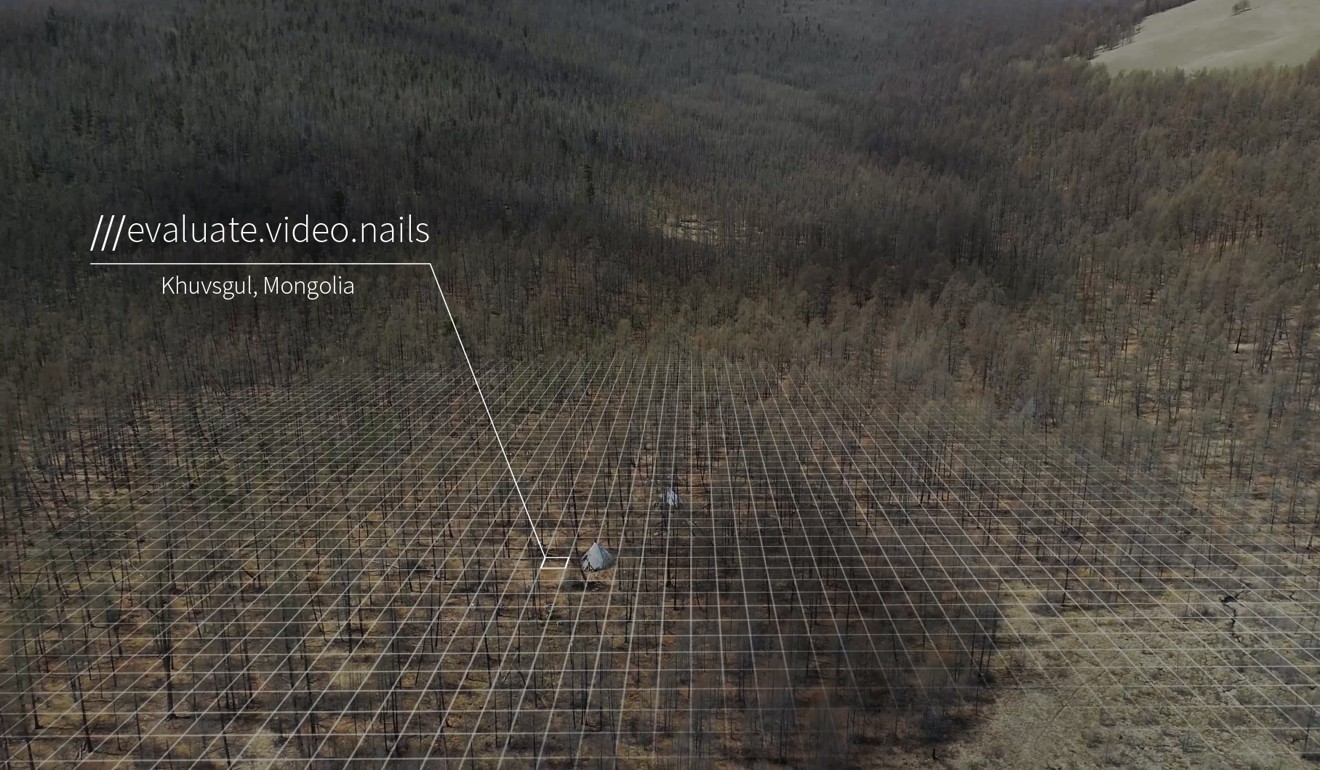
Otgonbayar and Zorigt's exact location can be found by using the three-word address given. Earlier this year it was ///settings.holly.stereo, which was on the edge of a forest, though there's also a camp at ///evaluate.video.nails. You can see exactly where these locations are on the planet by downloading the what3words app. The platform works in 26 languages, including Mongolian, Chinese, Bahasa Indonesia, Japanese, Korean and Thai.
Guests get wooden beds, sleeping bags and an open-fire stove for heating and cooking, and help out with herding and milking reindeer and cooking traditional Mongolian dishes. However, the Airbnb listing also states: “Please bear in mind there will not be any toilet or bathroom as Dukha people move around the forest.”
“It is very hard for tourists to find us, and for us to explain the location when we have limited mobile network access,” says Otgonbayar. “We have to explain the address as ‘pass those mountains … and then pass the river’. Now tourists can find us easily and experience Taiga lifestyle through Airbnb.”
Mongolian herders quitting city life due to air pollution
When these reindeer herders move to a new location, they simply find their new three-word address on the app and share it with their co-host in the city via message or phone call when they get a mobile signal. “My co-host then updates our three-word address on Airbnb,” says Otgonbayar.
Their “Experience nomadic life in Reindeer family tepee” stay on Airbnb costs US$120 per night. The exact location is provided to guests 48 hours after a booking is confirmed.
It is estimated that a third of Mongolians lead a nomadic or semi-nomadic way of life. The adoption of new digital technology could be critical in increasing tourism and home-sharing in rural and remote areas of Mongolia, and earlier this year Airbnb signed a memorandum of understanding with the Ministry of Environment and Tourism of Mongolia to this end.
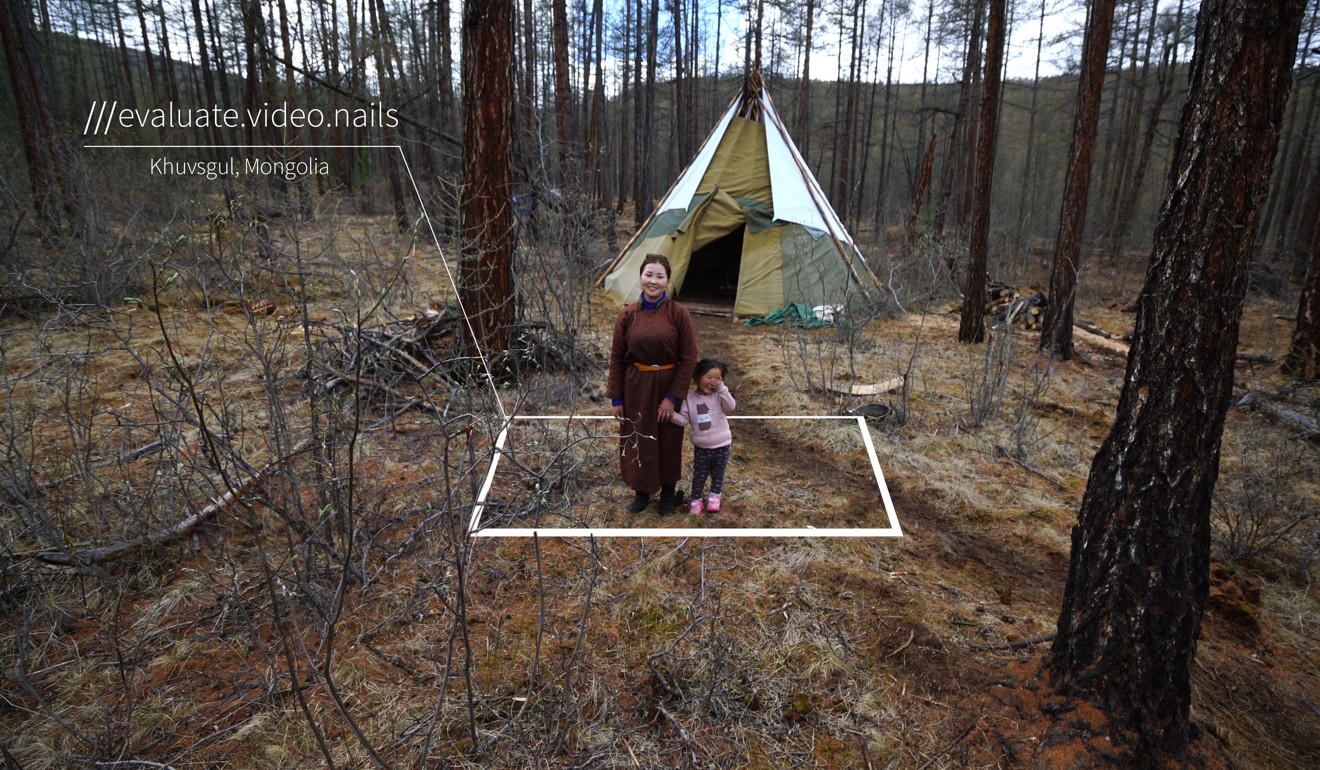
“We are working towards the goal of attracting 1 million tourists to increase nationwide economic benefits from tourism,” said N. Tserenbat, Mongolia’s Minister of Environment and Tourism. “Technological advancement is key for national development.”
Other what3words-powered experiences on Airbnb include the yurt-based “Nomad family in Altai Tavan Bogd National Park” listing, which costs US$25 per night.
The hosts are a Kazakh family in a summer village of nomads in far-western Mongolia. The accommodation is four mattresses in a yurt.
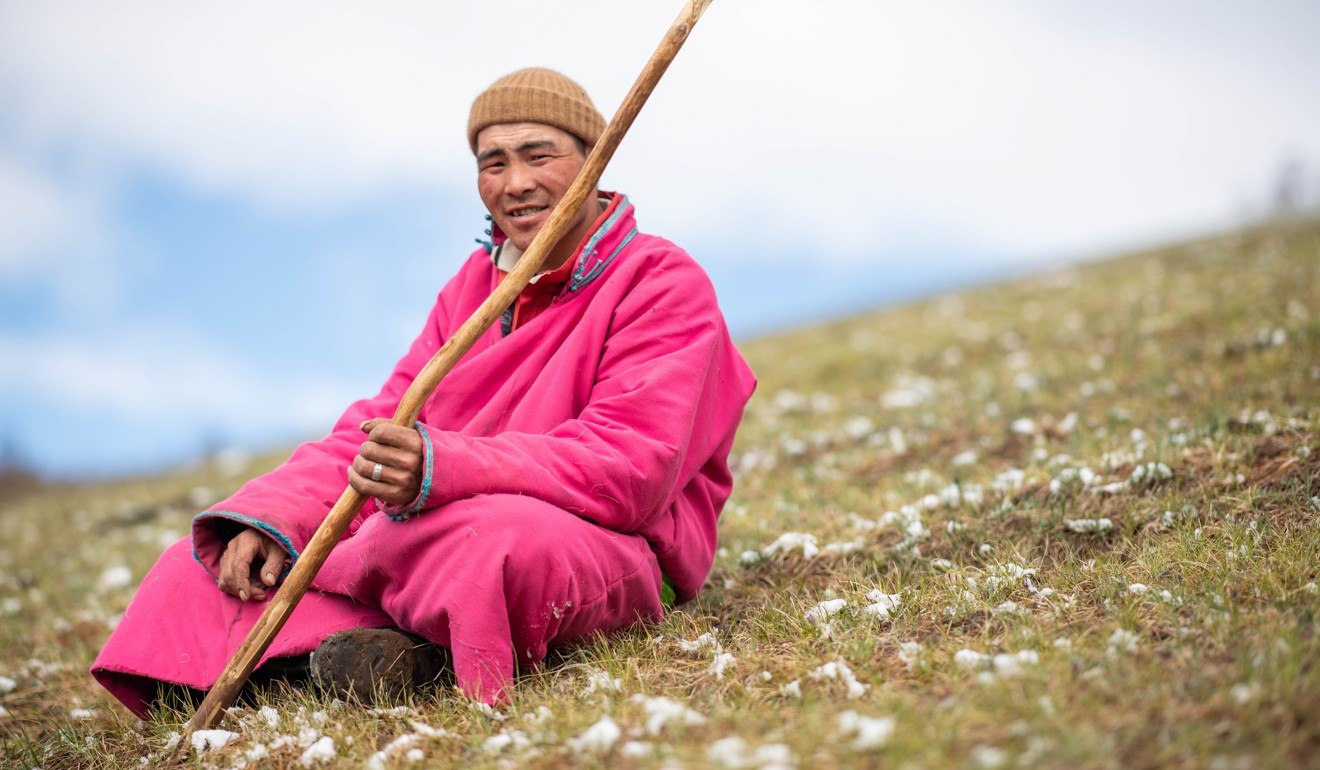
“Being able to simply communicate a precise location will help to make travelling a little bit easier, and allow locals to share their traditional way of life with others,” said Giles Rhys Jones, chief marketing officer at what3words.
“With what3words, any home, permanent or mobile, can be listed on Airbnb. This means that anyone can list their home and welcome guests to discover their community, their culture and to truly belong anywhere.”

